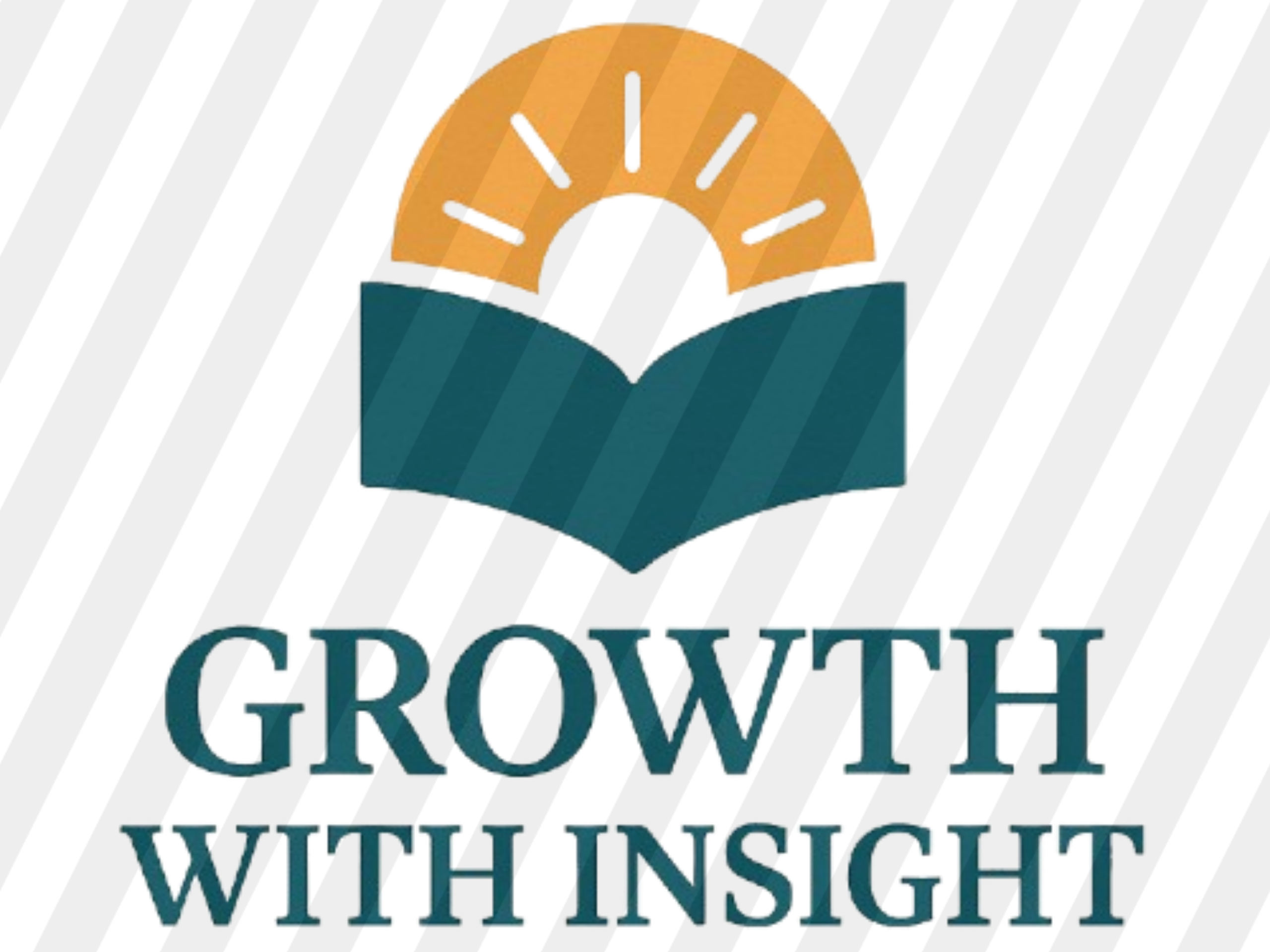
Why purpose is the key to meaningful goal setting
Global statistics claim that more than 90 percent of people who set New Year’s resolutions fail to follow up and achieve them. This brings us to a question: Is it that the goals are unworkable or something else? Popular studies show that there is a strong correlation between goal setting and purpose. In this article, we are going to explore the difference and relationship between goal setting and purpose, and the role of purpose in goal setting.
Table Of Content
The Difference Between Goals And Purpose
In lay English, goals are specific, measurable targets you plan to achieve: for example, a student planning to cover two topics but the end of prep. Then, purpose generally refers to the underlying motivation that is pushing you steady to achieve your goals. It greatly depends on one’s values, interests, and strengths. The purpose of the student could be promotion to the next class.
Case Studies of Goals and Purpose
- Consider an athlete whose goal is to run 4km every day in preparation of a marathon. The Goal is measurable, but the purpose is winning the marathon.
- My personal goal for blogs is to add three articles per week. My purpose is to share insights from different books to help my readers stay motivated and achieve their biggest goals.
- A goal of being promoted to senior manager at any company in two years serves a purpose of Leadership and Inspiration.
In this section, we have confirmed that Goals and Purpose go hand in hand. Purpose is, mostly about the “Why factor.” “Why do I want to achieve this?” The better we answer the question, the more chances we have at pushing.
Why Purpose Matters in Goal Setting
In the previous section, we explored the relationship between purpose and goal setting and concluded that goals are the measurable targets, like losing 10 pounds, while purpose is the motivation behind them. Forexample being fit.
Since we all know achieving goals isn’t a walkover and it comes with adversities, if our purpose is weak, we are most likely going to give up.
The first advantage of having a strong purpose is that it fosters resilience. This helps reframe the way we look at and approach setbacks. For example, consider a student who failed their Maths paper but wants to become a Maths teacher. If the passion for becoming a Maths teacher is strong enough, this student will focus on ways of getting better at the subject due to a strong purpose, unlike when they had no purpose or they had a weak purpose.
Purpose also breeds a sense of clarity in such a way that the person now knows what they are truly aiming for. This sense of clarity helps organise working systems to push us closer to our goals.
Purpose also helps in boosting motivation and persistence. Goals with a strong purpose keep us motivated to work towards them even when we are tired. Consider marathon runner with sore legs. What keeps some of them going is the purpose they hold. This explains why some give up and some don’t.
The Risks of Setting Goals without a Clear Purpose
Setting goals without clearly understanding your purpose is a bad habit. It leads to premature and half-cooked decisions. Even when the journey gets tough, it is easier to quit. In this section, I am going to cover some of the things that can happen if we set our goals without clearly defining our purpose.
Burnout. This is a condition where an individual feels emotionally, mentally or socially exhausted. Without clear planning and enough rest while working, we may end up with burnout. A clear purpose can help overcome this state even when it arises, but without a clear purpose, you are prone to give up.

Unfulfilling success: Achieving purposeless goals can feel less fulfilling at times. .For example, consider two individuals at a workplace. One works for the money and the other is aiming to grow in rank in the workplace. Individual 2 is more likely to stay motivated and achieve fulfilling success than Individual 1.
Conclusion
You might have been wondering, “Why is it that after setting my goals, I feel less motivated to execute?” This can come about in the way we set our goals and their alignment with what we consider important or our purpose. This article explores the relationship between Purpose and Goal Setting, its benefits, and the risks of setting goals without purpose. Now, I want you to restudy your goals and their alignment to your purpose, then share in the comment section below.





Good work🤝